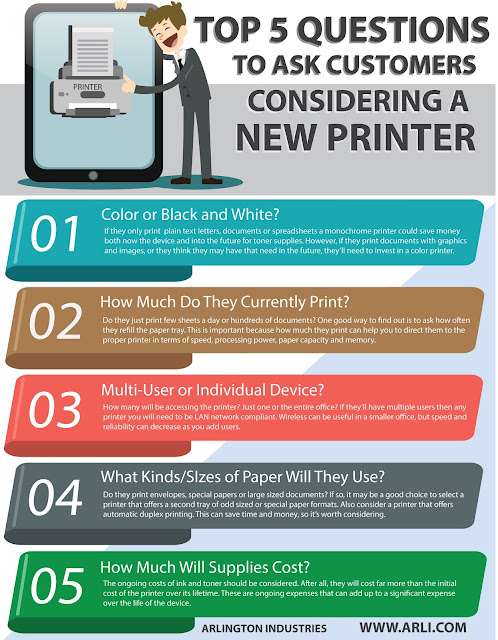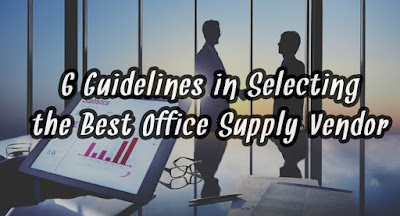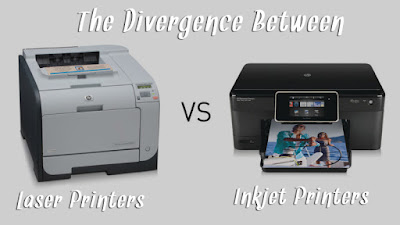Choosing the right vendor comes down to more than simply price. If you're searching for the right office supply vendor you should also take other factors like value for your dollar, quality, reliability and service into account. How you weigh these factors will depend on your needs and strategy.
A strategic approach can work to help you understand how your potential customers reach their own purchasing decisions. Here are some things to keep in mind as you weigh your vendor selection options.
• Quality – The quality of your products needs to be consistent. If there is a problem, it will reflect on you, not your supplier.
• Reliability – Remember, if they let you down, it may result in you letting your customers down.
• Value – The lowest price doesn't always mean the best value. If you want quality and reliability from a supplier, you'll have to decide how much you're willing to pay for supplies and need to balance price with reliability, quality and service.
• Strong Customer Service and Clear Communication – You want a supplier to deliver on time or to at least be honest and give you plenty of notice if they can't. The best suppliers will communicate with you regularly to understand how they can better serve you.
• Financial Security – Make sure your supplier has stable, sufficiently strong cash flow to deliver what you want, when you want it. Perform a credit check to be sure that they won't go out of business when you need them the most.
• A Team Approach – A strong partnership approach will benefit everyone involved. You want a supplier who will acknowledge how important your business is, so that they will make every effort to provide the best service possible. And you can create this response by treating your supplier as a valued partner in your business.
Choosing the right vendor is like building a winning team. You want to work with a partner who can offer value, reliability and quality, as well as a fair price. When seeking the right office supply vendor, take a strategic approach. Look for a vendor who will appreciate your business and can grow with you. Remember, you're building a team so let them know that you value their efforts and they will reward you in kind!
Want to know more about us? EMAIL US





























